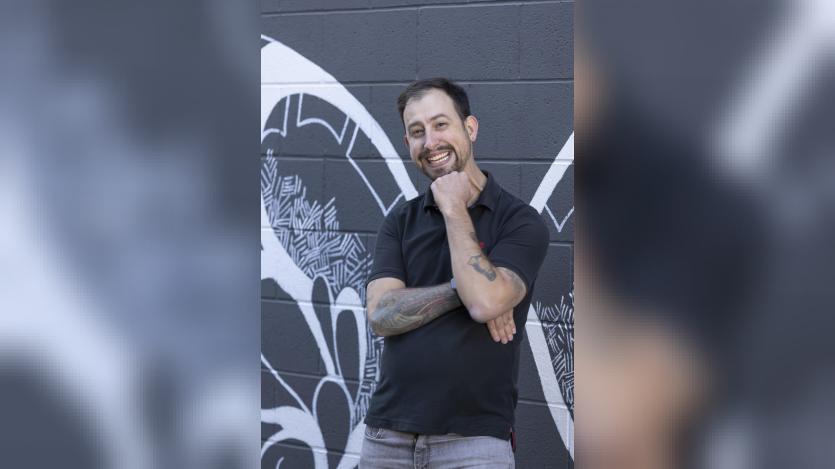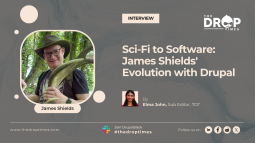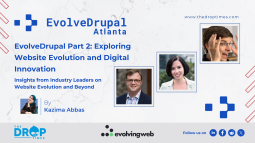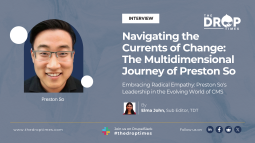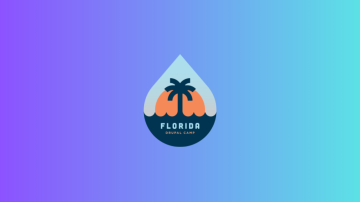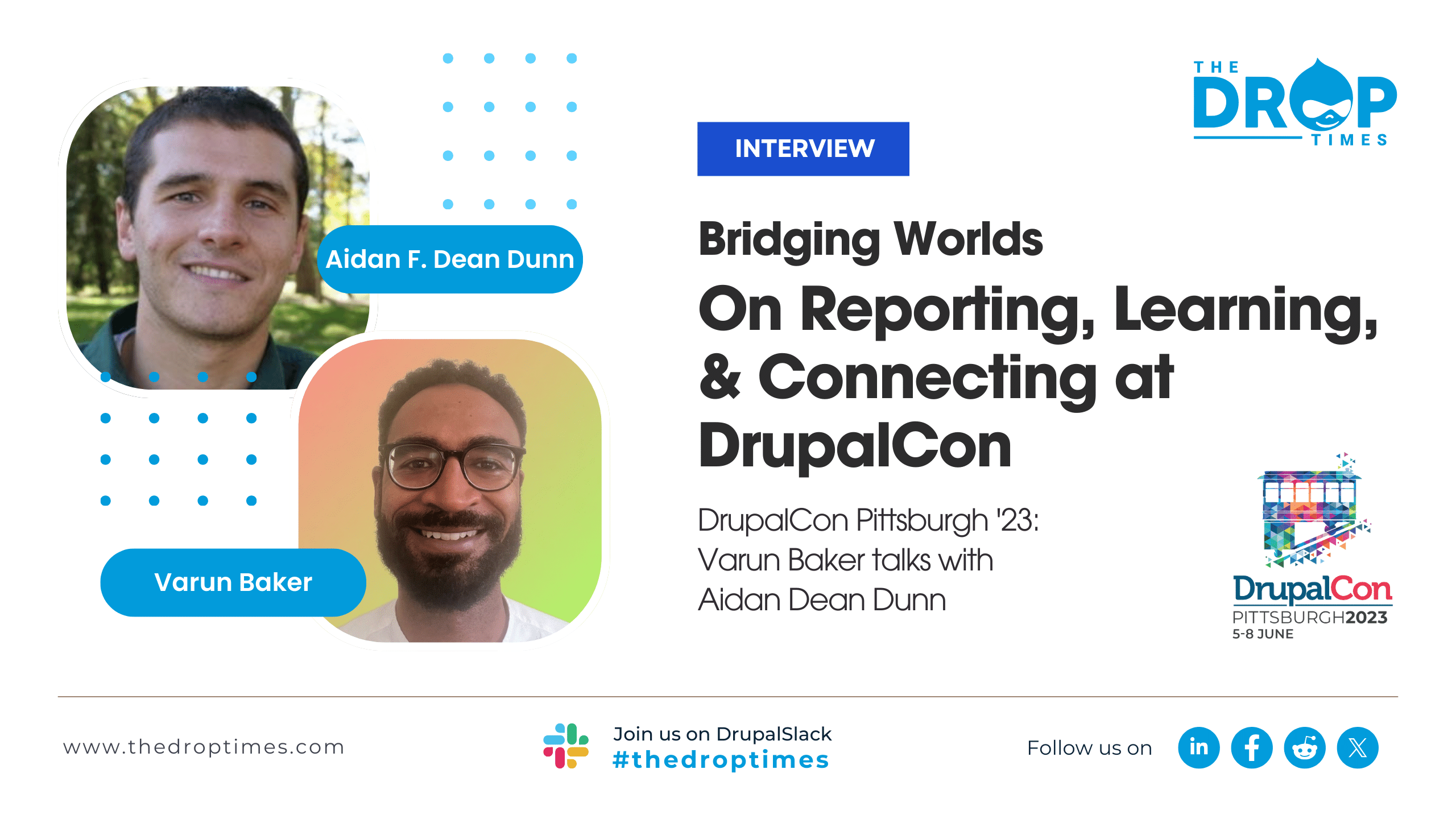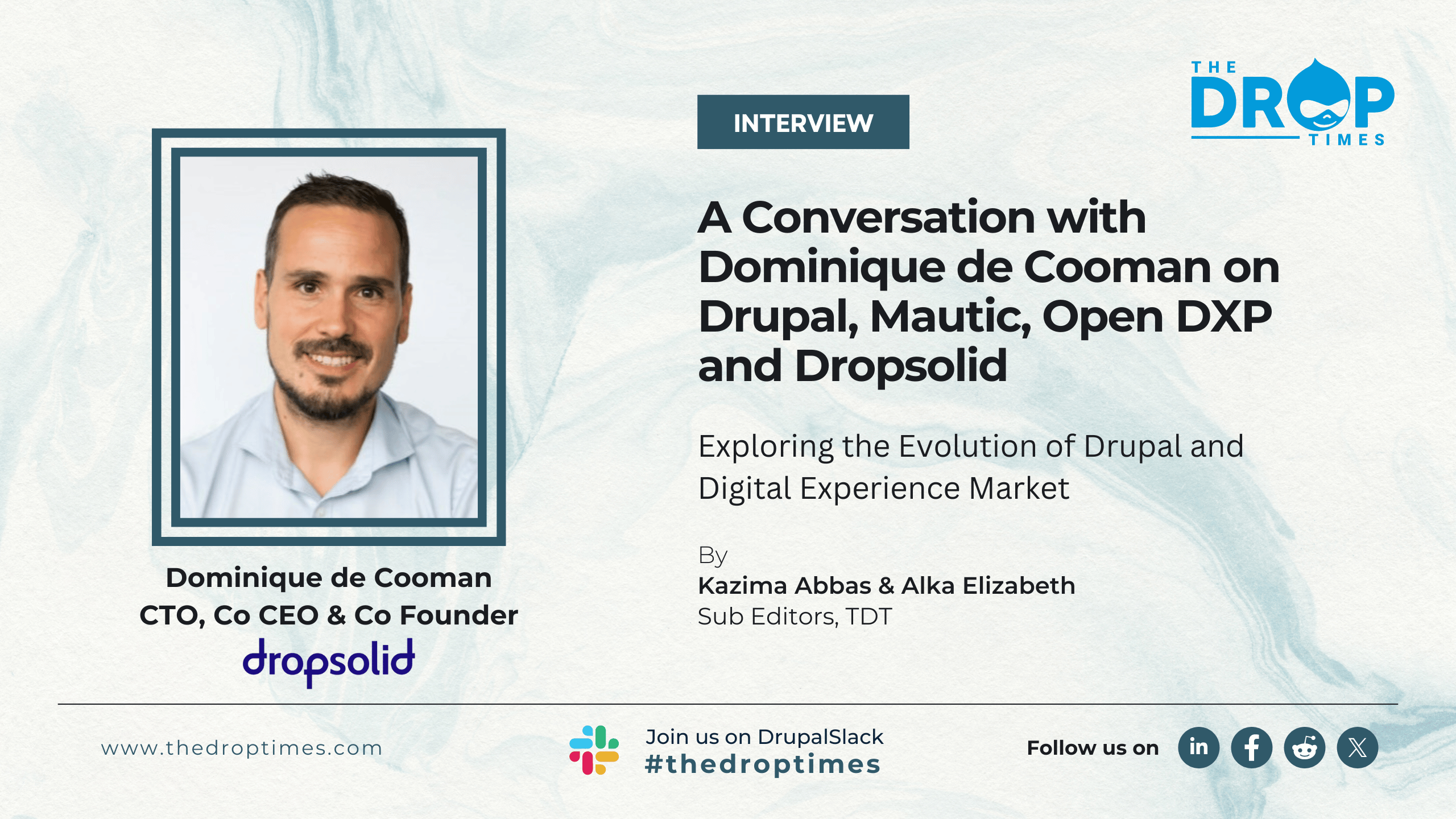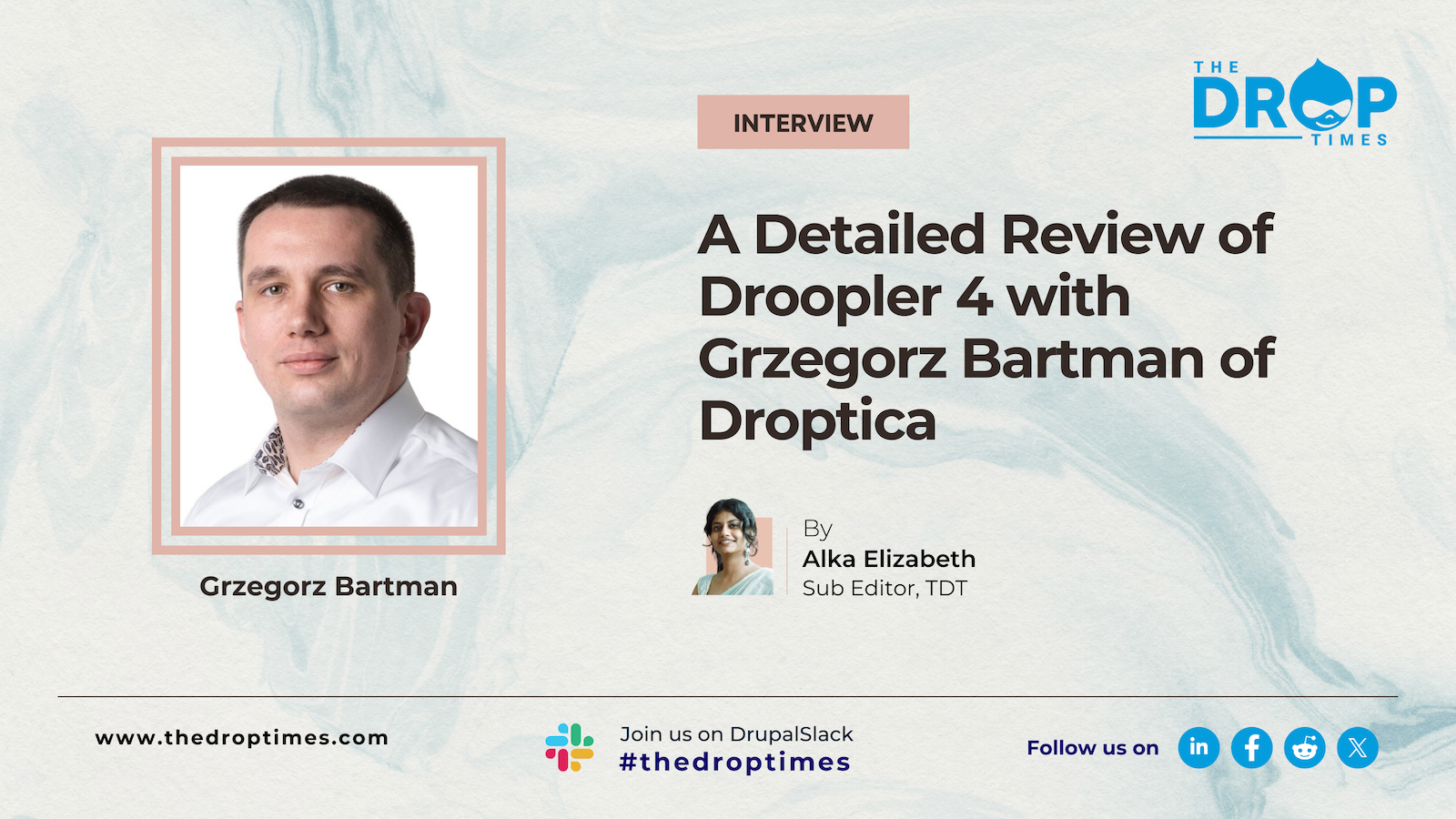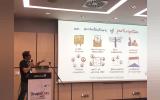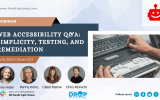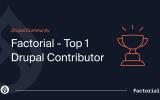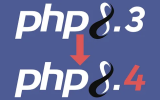Defying Limits: Matthew Ramir's Journey as a Drupal Developer with Cerebral Palsy
Based in Denver, Colorado, we have a Lead Backend Developer working for Bounteous, one of the featured speakers for the much-anticipated Florida DrupalCamp 2024. Like many other software developers, they1 also obtained a BS in Computer Science and, in their own time, ventured into Drupal in 2012, here, by building websites for collegiate LGBTQIA+ and disability advocacy groups. But what sets them apart? Matthew Ramir, a top-performing DevOps Engineer, emerges victorious, fighting a disability that has the potential to anchor them down.
Cerebral Palsy (CP) is a neurological condition that affects movement and muscle coordination. But it is not the disability that they have had since their birth that is setting them apart but how they overcome the limitations of Cerebral Palsy daily to conquer their dreams.
"Cerebral palsy has taught me that almost every problem has a solution, and if you can’t find some type of solution you are probably looking in the wrong place."
says Matthew Ramir.
In a recent email exchange with Alka Elizabeth of The DropTimes, Matthew Ramir shares a candid look into their life and career trajectory. Their unique experiences as a lead backend developer and their contributions to various advocacy groups, coupled with the challenges they overcome due to their condition, offer a multifaceted perspective on resilience and innovation in the world of web development and beyond.
From their foundational experiences in high school that sparked their love for programming to the use of adaptive tools that assist them in their professional endeavours, Matthew reveals both the technical aspects of their role and the personal journey that has shaped their approach to Drupal and software development as a whole. They talk about leveraging their experiences with CP to enhance problem-solving dynamics within their field, the intrinsic lessons learned, and how they translate into a wider context of empathy and advocacy, underpinning their work and their anticipated participation as a featured speaker at the Florida DrupalCamp 2024.
If the resilience of a young developer who fought their way to the top despite a neurological condition is of interest to you, please read on.
TDT [1]: How would you describe your introduction to the world of web development and Drupal especially?
Matthew Ramir: My first introduction to software development in general was in high school. I was fortunate enough to attend a school with a robust computer science curriculum led by phenomenal teachers. I immediately fell in love with software; the teachers around me saw this and nurtured my passion. I was given an apprenticeship on my school’s system administration team, where I would show up early every day to perform maintenance on the school’s computers.
Around the same time, my computer science teacher asked me to write some software for him on the side. I initially built the software in Java and eventually turned it into a PHP website built on Yii. This software taught me a lot and set the stage for what would later become my career. I loved the instant gratification of being able to see the software builds come to life and not needing to worry about distributing a binary.
In college, I worked with a couple of student organizations that were looking to establish a web presence. After researching and toying with a few different solutions, such as WordPress and Joomla, I ultimately landed on Drupal. The sites were all pretty basic, but they gave me enough exposure to land me my first job out of college as a backend Drupal developer. The rest is history!
TDT [2]: How has your experience with Cerebral Palsy influenced your approach to problem-solving and innovation in software and system administration, specifically within the context of your expertise in Drupal?
Matthew Ramir: Cerebral palsy has taught me that almost every problem has a solution, and if you can’t find some type of solution you are probably looking in the wrong place. Take, for example, buttoning a shirt. As a child, buttoning a shirt would take me around 30 minutes. I have a really hard time grabbing onto a button and an even harder time putting it through a hole. I also hated asking for help, so I would think outside the box just to avoid it. The thing is if I had just asked, I could have avoided a lot of time, and ultimately a lot of shame.
As an adult, I still struggle with buttoning shirts. I used to tell people if I wore a button down it meant I really liked you. Relatively recently, I discovered a tool called a button hook that makes it extremely easy for me to pull a button through its hole. This simple device transformed buttoning a shirt from a 30-minute ordeal to a 30-second ordeal. Button hooks changed my world and my fashion permanently, yet they are something I lived without for most of my life.
The problems faced in Drupal aren’t all that different from the problems we face in life. There are infinite solutions to any single problem; some are obvious, while others require a piece of knowledge you haven’t yet discovered. It is our job as software developers to explore innovative solutions and always be learning from our environment. This means learning from and relying on the diversity of your community—the diversity of thought, experience, and passion.
TDT [3]: How have you adapted or modified your approach to overcome specific challenges CP poses in your daily work, and what lessons have you learned from these experiences?
Matthew Ramir: My biggest challenge as a software developer with cerebral palsy will always be physically interacting with my computer. I live on a pretty interesting line where I can use my keyboard just fine, but it takes me significantly longer to type something out. I am terrible at typing. The number of times I hit backspace in a day would make you think I am typing in Morse code. As bad as I am at typing, I am even worse at using a mouse, so I rely pretty heavily on keyboard shortcuts to navigate the digital world.
At some point in my life, I realized I could complete tasks faster using the terminal than with a mouse to navigate user interfaces. Something about the mix of tab completion and flexibility makes the command line the ideal interface for me. I rely pretty heavily on my collection of bash aliases to minimize the number of keystrokes I need to perform. Turning commands like “git clean -f -d && git reset –hard head” into “gcr” has probably saved me hours of typing.
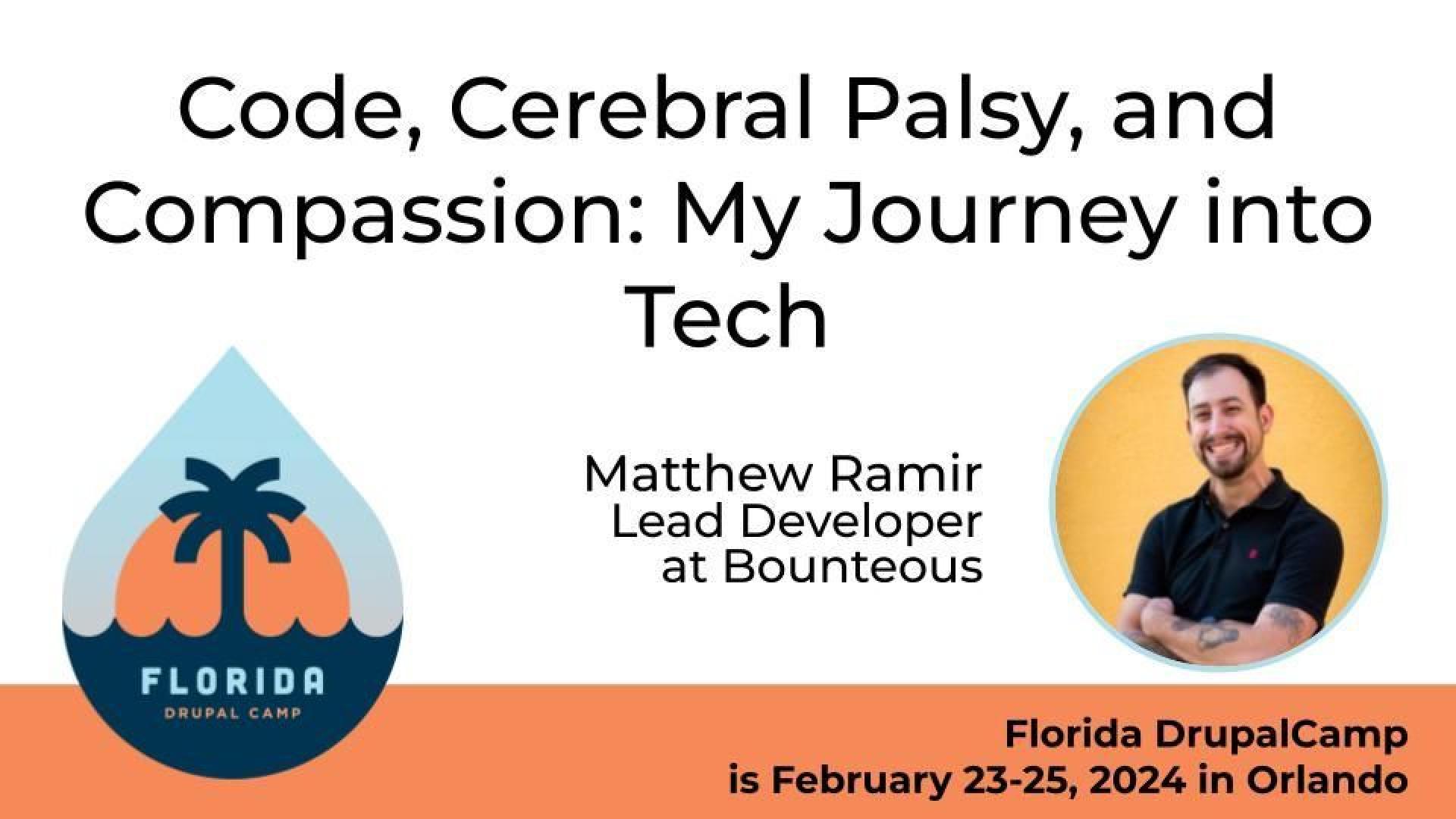
TDT [4]: Matthew, you are one of the featured speakers of Florida DrupalCamp 2024. How excited are you about this opportunity, and what will be the major themes you will discuss in your session?
Matthew Ramir: I am SO excited and honoured to have the opportunity to be a featured speaker at Florida Drupalcamp! This session has centered around my never-ending journey toward self-acceptance and the people and experiences that have guided me along the way.
I’ll dust off my poetry skills to share intimate stories and perspectives on living and growing with CP. Really, the thesis of this talk is that we all deserve compassion, regardless of our story.
TDT [5]: You were a speaker at MidCamp 2023, DrupalCamp Colorado 2023 and several regional and national conferences. As a speaker, how have you innovated ways to make the sessions interesting and impactful over the years?
Matthew Ramir: I have given a lot of talks over the years, and every time I give a talk, I learn something from the experience. Sometimes it is a new way to interact with the audience, other times I learn what not to do. Over time, you become more comfortable with your style and your voice. Once you have that comfort, you can start to explore new ways to engage the audience and tell a story.
My FLDC talk will be my most “innovative” yet because it is my first time integrating performance poetry in a conference talk. Poetry is a personal and passionate way to share an experience, and I hope it resonates with the crowd. The people I have previewed this talk to have been deeply moved by the pieces I chose. And if, for some reason, my poetry isn’t received well, I can use that as feedback for the next talk.
TDT [6]: How do you think sharing your experiences through platforms like Florida DrupalCamp benefits others?
I am honoured to have been able to share my story throughout my life. Through poetry, conference talks, and 1:1 conversations, I have always found myself in a place where I can be vulnerable and share my honest experiences. It does sometimes feel like a cliche because disability is something I live in every day. It is a story I have shared hundreds of times. However, reaching new audiences and making new connections makes it worthwhile.
I have learned throughout my life and advocacy that people want and need to hear my story. It may be familiar to me, but most people have no idea what it is like to live with a disability, and even fewer know what it is to be disabled from birth. I have been around people with disabilities my entire life, and I have seen the power and beauty of sharing our experiences.
There is a fine line to walk when it comes to sharing and experiencing disability, though. One of the worst things we can take from these talks is the idea, “Well, at least I’m not that bad/disabled.” To be disabled is to be beautiful, and we are all beautiful, regardless of ability, sexuality, race, religion, or creed. Sharing our experiences with each other only serves to enrich our lives.
TDT [7]: You have a minor degree from the University of Illinois in Women and Gender Studies, and also you stepped into building websites for collegiate LGBTQIA+ and disability advocacy groups. So your consideration towards minorities and less privileged sessions of the society is no secret. In what ways have your perspectives and experiences contributed to your effectiveness as a lead developer?
Matthew Ramir: The LGBTQIA+ group in high school was the first place I truly felt accepted. It didn’t matter what my story was or where I came from, it was a safe space where I could be my true authentic self. It was a place full of people ready to love and be loved. It’s because of experiences like this that I feel marginalized communities have more in common than not.
We are all struggling on some level. To some people, the struggle is a physically inaccessible building. To others, the struggle is coming out as gay in a state where “Don’t say gay” is a badge of honour. What we all have in common is we deserve compassion in our struggles.
This compassion has followed me into my role as a Lead Developer. I have a post-it note on my monitor that says “Lead with Love,” which accurately describes how I try to approach life. I try to keep in mind that we all have unique struggles and experiences that shape how we approach situations. Regardless of who we are and where we come from, we deserve compassion - especially from within.
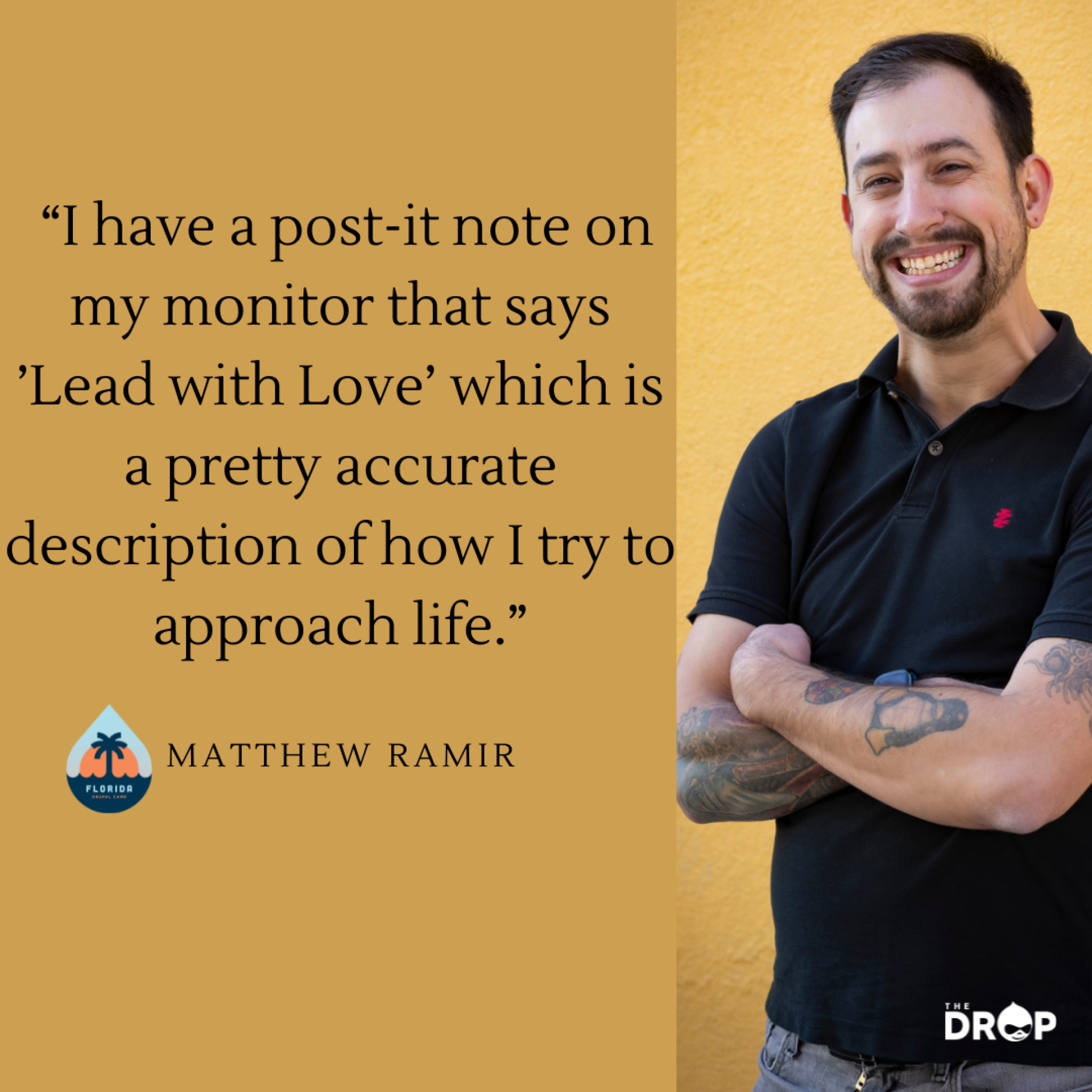
TDT [8]: Slam poet, chess player, and software developer, and from what I learned, you also have an interest in exploring the Colorado mountains. As an individual burdened by many passions, how do you motivate yourself amid obstacles?
Matthew Ramir: “Burdened by many passions” is a great way to describe me. I would say my experience is less about motivating myself and more about not seeing myself as disabled. I am “abled enough” to live and do most things independently, so when I am faced with hiking a mountain, it isn’t an option not to do it.
A great example of this is skydiving. One year, for my birthday, I decided I wanted to learn to skydive solo. I signed up for the class and showed up ready for a long day of learning, capped by my first solo jump. Before the class started, I was pulled to the side and was told that they didn’t feel comfortable with me jumping solo without a note from a doctor because of my disability. I was devastated, but I also understood the gravity of the situation (pun intended).
I still jumped out of a plane that day, albeit with someone safely strapped to my back. And while it wasn’t the adrenaline rush I had been expecting that morning, it was still an amazing experience. In fact, I loved it so much that as soon as I landed, I got back on the plane to do it again.
The bigger challenge in my experience has been learning to accept my limitations enough not to get myself injured. The reality is that my disability does affect me, no matter how much I ignore it. Yes, I can hike up a mountain, but I will probably fall and hurt myself along the way. There are things I can do to minimize the risk, but the risk will always be there.
TDT [9]: Despite having the daily challenges of Cerebral Palsy, you have emerged as a top DevOps engineer, what advice would you have for someone with disabilities to help navigate their way in the tech world?
Matthew Ramir: My advice would be to make connections and take advantage of opportunities. I owe a lot of my success to people along the way who have given me the exposure and space I’ve needed to flourish. From teachers to organizations to local communities, there are so many opportunities and support systems ready to give you the help you need. It is up to us as individuals to seek them out.
I recognize that not everyone has opportunities readily available for various reasons. That is why the rest of us must continue creating those opportunities. There is so much talent and beauty access to hidden beneath our struggles, and I am proof of that.
- 1Matthew Ramir uses non-binary/non-confirming pronouns such as they/them/theirs to identify self. We respect the decision and follow the lead.
Related Event Sessions
Disclaimer: The information provided about the interviewee has been gathered from publicly available resources. The responsibility for the responses shared in the interview solely rests with the featured individual.
Note: The vision of this web portal is to help promote news and stories around the Drupal community and promote and celebrate the people and organizations in the community. We strive to create and distribute our content based on these content policy. If you see any omission/variation on this please let us know in the comments below and we will try to address the issue as best we can.



